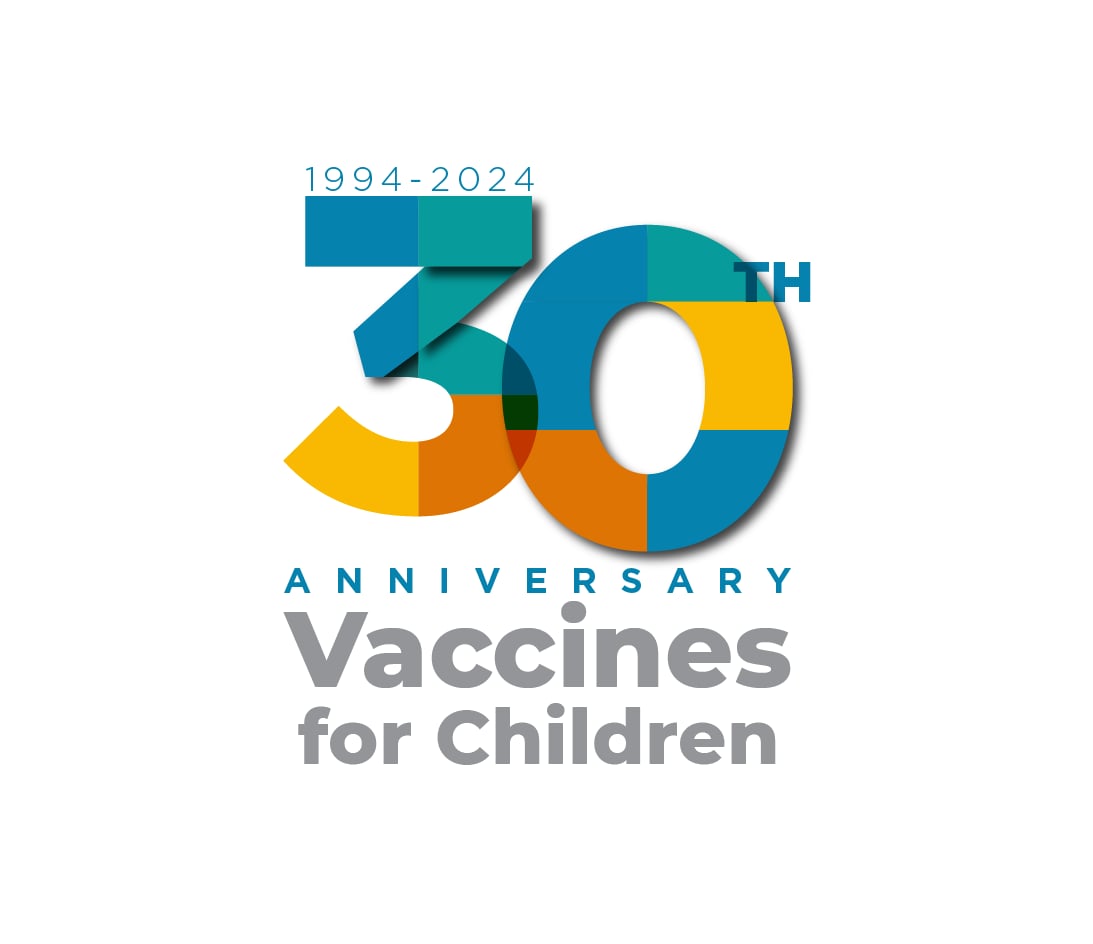What to know
A child is eligible for the VFC Program if they are younger than 19 years of age and are one of the following: Uninsured, Medicaid-eligible or Medicaid-enrolled, American Indian or Alaska Native, or Underinsured.

VFC Program Eligibility Requirements
Children without health insurance (Uninsured)
Children who do not have health insurance qualify for vaccines through the VFC Program.
Medicaid-eligible or Medicaid-enrolled children
Children younger than 19 years of age who are enrolled in a Medicaid program or are eligible for Medicaid can receive VFC Program benefits. However, children who are enrolled in a separate CHIP program are considered insured and do not qualify for VFC Program benefits.
For more information on being a Medicare provider under the VFC Program, see "Medicaid Providers Can Enroll in the VFC Program" section.
American Indian or Alaska Native
Children who are American Indian or Alaska Native qualify for vaccines through the VFC Program as defined by the Indian Health Care Improvement Act (25 U.S.C. 1603)
Underinsured children
"Underinsured" is defined as a child:
- who has health insurance, but the coverage does not include vaccines;
- whose health insurance covers only selected vaccines (VFC Program-eligible for non-covered vaccines only);
- who has health insurance but does not provide first-dollar coverage for vaccines (e.g., has copays or initial deductibles for ACIP-recommended vaccines). Note: “underinsured” only for ACIP-recommended vaccines with charges;
- whose health insurance has a fixed dollar limit or cap for vaccines (VFC Program-eligible once fixed dollar amount or cap is reached).
Underinsured children are eligible to receive VFC Program vaccine only through a Federally Qualified Health Center (FQHC), or Rural Health Clinic (RHC) or under an approved deputization provider location agreement. For more information on deputization, please refer to the VFC Operations Guide.
Children Who Are Not Eligible for the VFC Program
Children whose health insurance covers the cost of vaccinations are not eligible to receive VFC Program vaccines.
VFC Program Providers Are Required to Screen for Eligibility
All VFC Program providers must screen for a child's eligibility to receive vaccines through the VFC Program and record the screening results during each visit. The patient eligibility screening record provides a means of recording parent responses to VFC Program eligibility questions. The parent, guardian or provider may complete this form. Verification of parent/guardian responses is not required.
Medicaid Providers Can Enroll in the VFC Program
The largest category of children eligible for the VFC Program is Medicaid-enrolled children. If you are a Medicaid Provider, there are many aspects of Medicaid that you should be aware of and how Medicaid and the VFC Program work together.
Each State Medicaid program can set their own policies within the national guideline set by the Federal Government. However, because the VFC Program is funded through the Centers for Medicare and Medicaid Services (CMS), it falls within the Medicaid law. All State Medicaid programs across the United States encourage their participating physicians to enroll in the VFC Program.
Sometimes a parent or guardian may not know whether their child is enrolled with Medicaid, the State Medicaid Agency can help determine their status, for more information contact your state or territorial immunization program.
Medicaid Reimbursement as a VFC Program Provider
If you are a VFC Program provider who is not a Medicaid provider, you are not required to become a Medicaid provider to receive publicly purchased vaccine. However, you must become a Medicaid provider in order to receive payment from Medicaid for vaccine administration services provided to Medicaid-eligible children. A VFC Program provider cannot charge for vaccine supplied by public sources.
To learn more about the steps necessary to become a Medicaid provider, consult your State Medicaid agency.
